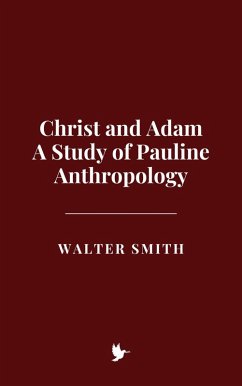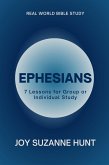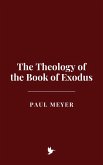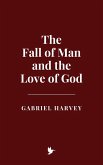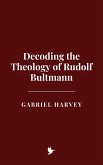The book begins by exploring the Old Testament and Jewish backgrounds of Paul's thought, particularly the themes of covenant, fall, and redemption, and their reinterpretation in Second Temple Judaism. It then examines the Greco-Roman influences on Paul's anthropology, particularly in relation to concepts of virtue, citizenship, and the human body. The core of the study is a systematic analysis of Pauline textsRomans 5, 1 Corinthians 15, Philippians 2, Galatians 3-4, Ephesians 1-2, and otherswhere Paul expounds on sin, grace, justification, resurrection, adoption, and the transformation of human nature in Christ.
A significant focus is placed on Paul's eschatology, where Christ's resurrection is presented as the firstfruits of the new creation, guaranteeing the final renewal of all things. The study also explores Paul's vision of the ethical life of the new humanity, where believers, empowered by the Spirit, are called to embody the virtues of Christ and anticipate the final consummation of God's kingdom. Throughout, key theological debatessuch as faith versus works, law versus grace, forensic versus participatory justification, and the nature of resurrection bodiesare examined through the perspectives of early church fathers, medieval theologians, Reformation thinkers, and contemporary scholarship.
Ultimately, this book argues that Paul's Adam-Christ typology provides not only a framework for understanding human nature and salvation but also a cosmic vision of history's ultimate goalthe restoration of creation and the eternal reign of Christ. By tracing how Paul's theology of the old and new humanity has shaped Christian doctrine throughout history, this work offers a comprehensive and theologically rich account of one of the most central themes in Pauline thought.
Dieser Download kann aus rechtlichen Gründen nur mit Rechnungsadresse in A, B, CY, CZ, D, DK, EW, E, FIN, F, GR, H, IRL, I, LT, L, LR, M, NL, PL, P, R, S, SLO, SK ausgeliefert werden.

